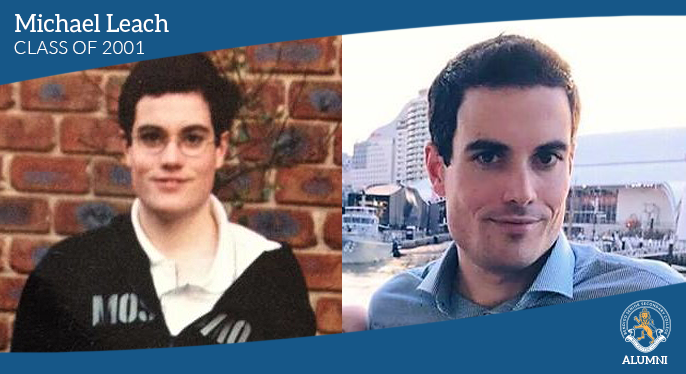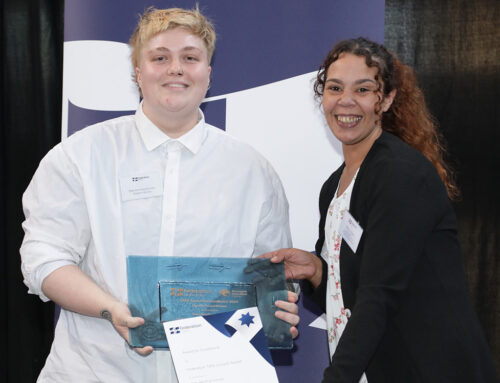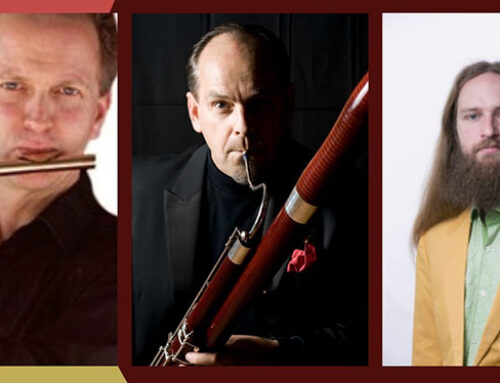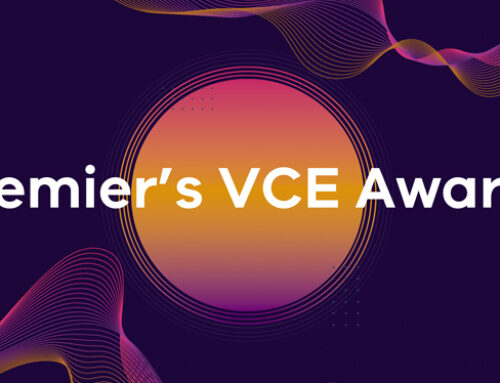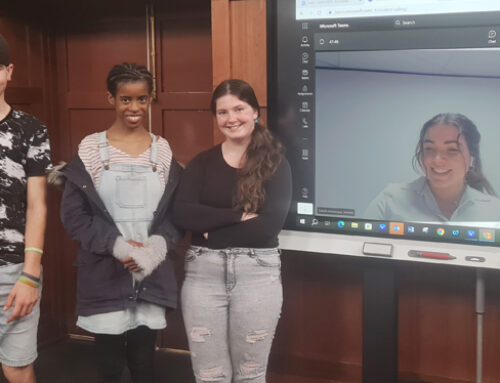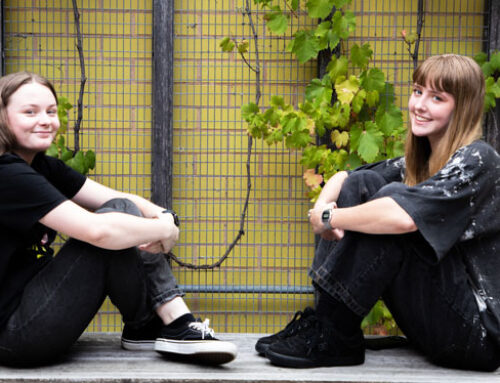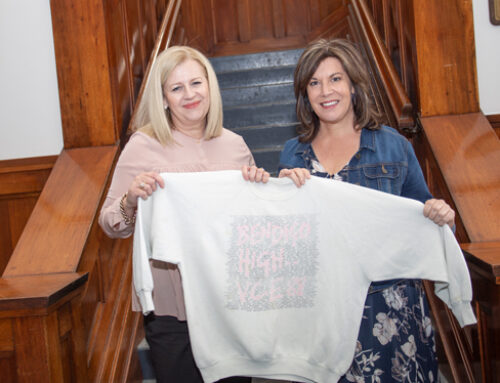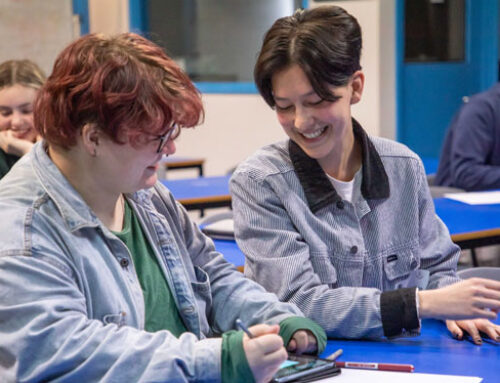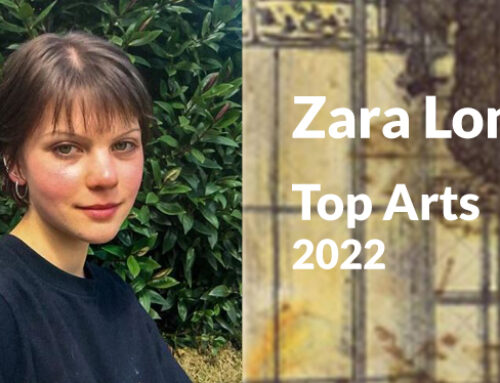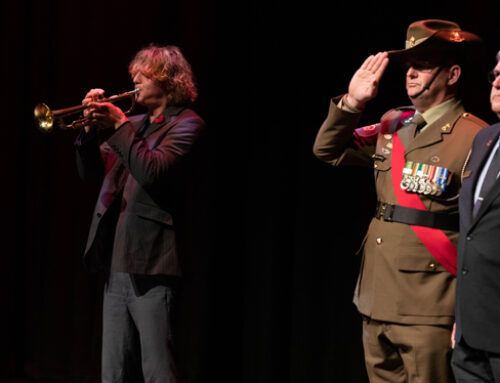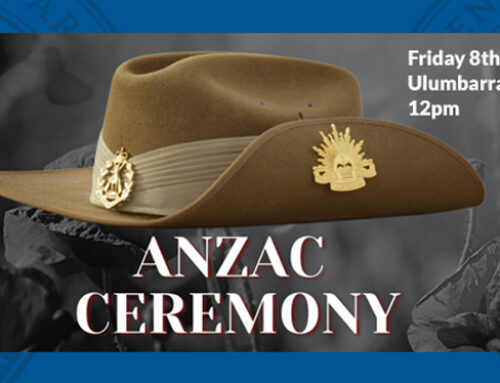Michael Leach – Class of 2001
When you were a student, what did you want to do beyond year 12? What are you doing now?
At BSSC, I thoroughly enjoyed studying English, English Language, Mathematical Methods, Specialist Mathematics, Chemistry, and Physics. I desired a career where I could harness my passion for words and numbers to make a meaningful difference to peoples’ lives. I studied a Bachelor of Pharmacy at La Trobe University, Bendigo as this is a person-centred discipline that requires an aptitude for science, mathematics, and English. Subsequently, I went on to complete a Graduate Certificate of Science (Applied Statistics) through Swinburne University, a Master of Biostatistics through the University of Melbourne, and a PhD in Pharmacy through the University of South Australia.
I’m now the Data and Quality Specialist at the Loddon Mallee Integrated Cancer Service (LMICS), which is based in the Cancer Centre at the new Bendigo Hospital. I’m also an Adjunct Research Associate at Monash University School of Rural Health as well as a freelance writer and poet. My health and science poems have been published in a range of journals, including the Medical Journal of Australia and Cordite Poetry Review. Examples of my writing can be found on my website Images of Health: https://imagesofhealth.wordpress.com/
What do you love about the type of work/study you do now?
I love the diversity and significance of the work I do now. In my role as Data and Quality Specialist, I use quantitative data from routinely-collected datasets, patient surveys, medical records, and IT systems to drive quality improvement in regional cancer services (e.g. the provision of chemotherapy). I collect, manage, and analyse cancer data before presenting my results to clinicians both orally and in written reports. If gaps in care delivery are identified, then I also become involved in targeted quality improvement initiatives.
My collaborative quality improvement projects can be thought of as research studies that are rapidly translated into clinical practice. I am also actively involved in academic research, mentoring, and teaching, both at LMICS and Monash University School of Rural Health. My research and teaching at Monash University mainly pertains to the nascent inter-disciplinary field of health humanities. For example, I am currently undertaking a qualitative research project involving the conversion of cancer patients’ interview transcripts into poetry using a sociological technique called poetic representation.
In my spare time, I also regularly write and publish poetry related to health and science. My engagement with the art of poetry has refined my communication and empathy skills while reminding me to consider the people behind the quantitative cancer data that I analyse at LMICS. This year, I have also gained experience teaching poetry writing to Monash University medical and pharmacy students. I have become a keen advocate of STEAM (Science, Technology, Engineering, Arts, and Mathematics) in the classroom and the workplace. I love what I do.
What’s one of your most vivid memories of your time at the college?
I vividly recall spending time with friends during free periods as well as during the college’s Breakaway program. When we had free periods, my friends and I tended to engage in a range of different activities: studying together in the library, playing hacky sack on the lawn, going for rejuvenating walks in Rosalind Park, or just sitting outside and talking.
As part of the Breakaway program, my friends and I attended an excellent movie marathon at the Bendigo Cinemas. I remember seeing the Tom Hank’s film Cast Away for the first time and having a somewhat scholarly discussion about it with fellow students afterwards. I found BSSC to be a fertile learning environment in which students could learn from teachers as well as from one other. Indeed, while I predominately studied science subjects, I befriended people who mainly studied humanities subjects. This led to many interesting discussions about how science and the humanities intersect. I forged close friendships during my time at BSSC – friendships that have stood the test of time.
Was there a particular teacher or staff member that inspired you?
I was inspired by my Year 11 English teacher, George Querol. I found George to be an excellent, inspirational educator who took the time to develop rapport with each of his students. Even though I mostly studied science subjects, I felt so inspired by George that I earned an Academic Award in English Units 1 and 2. I can say without hesitation that George went above and beyond for his students. It was George who encouraged me to enter a short story in the BSSC Writers Group 2000 Competition, paving the way for my first competition win. When my winning entry was published in the second issue of the BSSC Student Council’s magazine ‘Delirium’, I felt inspired to continue writing. If it were not for George Querol, I doubt that I would be a published writer and poet with an interest in the intersection between science and art.
Were you involved with any extra-curricular activities?
I was actively involved in the BSSC Writers Group. My involvement with this group began partway through Year 11, when I first heard about the BSSC Writers Group 2000 Competition. I went on to attend regular meetings and to promote fiction writing as an enjoyable, valuable pastime for students. My involvement in the BSSC Writers Group helped me to develop as a writer and a poet. My involvement with the group also provided the opportunity to spend time with like-minded individuals – those who are more at home in a well-stocked library than a well-attended sports event.
Knowing what you know now, what advice would you give to your 16-year-old self?
I would tell my 16-year-old self to savour my time at BSSC and to recognise the senior secondary years as the defining period of one’s life. I would also tell myself that there is no need to worry too much about the future. I would reiterate the fact that, if you faithfully keep doing what you love, then it is highly likely that you will be successful on a professional level and fulfilled on a personal level. I would conclude by stating that there is no need to limit yourself to conventional career paths or to a single discipline; you can wear multiple hats and enjoy diverse, meaningful work.

